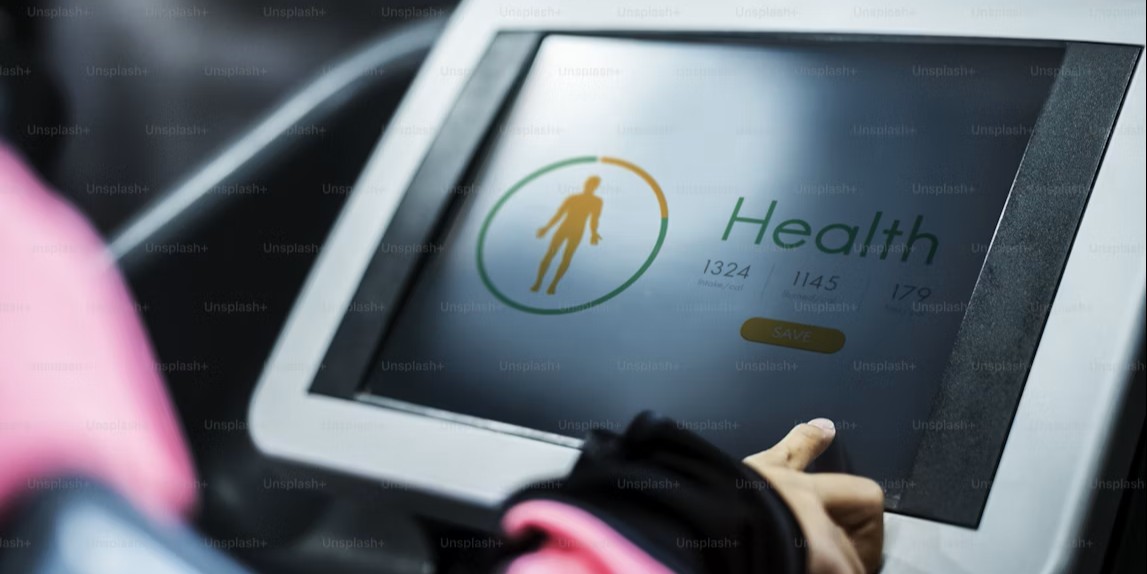The healthcare industry in 2025 is undergoing a profound digital shift, with technologies once considered experimental now becoming central to the way care is delivered and experienced. Artificial intelligence, remote monitoring, and patient-centered platforms are no longer peripheral tools; they are increasingly at the heart of modern medical practice. This evolution is influencing not just how providers care for patients, but also how individuals approach their own wellness and daily routines.
Artificial intelligence is one of the most significant forces driving this transformation. Health systems across the United States are implementing AI-assisted diagnostic tools to support physicians in detecting illnesses earlier and planning treatments more effectively. These systems analyze vast amounts of data from patient histories, lab results, and imaging scans to spot patterns that might otherwise go unnoticed. In practice, this means that diseases such as cancer, diabetes, and heart conditions can be identified sooner, when they are more treatable. Predictive analytics are also being used to forecast patient needs, shifting care from a reactive model to one that emphasizes prevention. For patients, this could mean earlier interventions, personalized treatment plans, and a higher likelihood of avoiding hospitalizations.
Remote patient monitoring is also becoming a defining feature of healthcare. Devices that measure heart rate, blood sugar, blood pressure, and other vital signs are now connected to apps and digital dashboards that feed data directly to care teams. This allows doctors and nurses to oversee patient progress without requiring frequent office visits, an especially important innovation for individuals with chronic conditions. Remote therapeutic monitoring is extending these capabilities to post-treatment care, rehabilitation, and medication adherence. For many patients, these advances provide not just medical oversight but also reassurance that their conditions are being tracked continuously, even between appointments.
However, as technology becomes more deeply embedded in health and wellness, concerns over privacy and security have become unavoidable. Patients are increasingly sensitive to how their data is collected, stored, and shared. The spread of wearable devices, health apps, and cloud-based systems has made questions of data protection more urgent than ever. Regulators, along with technology developers, are responding by imposing stricter requirements for transparency, consent, and cybersecurity. Companies that fail to address these concerns risk losing public trust, a resource that has proven just as important as technical innovation itself.
The lifestyle effects of these changes are already being felt. For individuals, healthcare is becoming more accessible from home, integrated into daily routines through wearables, mobile apps, and connected devices. Wellness tracking is no longer confined to fitness enthusiasts; it is increasingly part of mainstream preventive care. Patients are also experiencing greater personalization in their health plans, with recommendations and interventions tailored to their specific needs and risk factors. For providers, the shift has meant rethinking workflows, adopting new digital tools, and learning how to maintain meaningful patient relationships even when interactions occur virtually.
The economic dimension of this transformation is complex. On one hand, patients may save money by reducing in-person visits and hospital stays. On the other, there may be new costs associated with devices, subscriptions, and connectivity. Health systems face substantial upfront investments in infrastructure, staff training, and integration of new technologies, but the long-term promise is improved efficiency, better patient outcomes, and reduced strain on hospital resources.
What is increasingly clear is that digital health is no longer a fringe experiment. Artificial intelligence, remote monitoring, and patient-focused platforms are becoming the foundation of healthcare systems, changing not just clinical outcomes but also the daily rhythms of how people live with and manage their health. The momentum suggests that these tools will only grow more sophisticated and more widespread in the years ahead. As they mature, they will likely redefine what it means to receive care, blurring the line between clinical settings and everyday life, and placing patients at the center of an increasingly digital health ecosystem.


